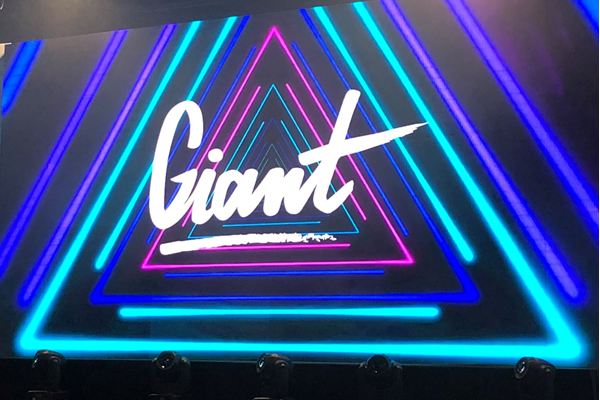For two days late last year, Stamford Bridge, home of Chelsea football club, gave way to the usual medley of football fan, as it became the home of the GIANT Health Event. The Global Innovation And New Technology event proclaims to be Europe’s greatest festival of health tech innovation. With talks ranging from diabetes care to blockchain to FemTech, here are our key takeaways:
Data
The word on everybody’s lips: data. The enabler of all other trends. How can, and how should, our personal health data be used in the future? If we are able to harness data in the right way then it opens up doors for: faster diagnosis, more preventative measures and more precise treatment plans. The road to general uptake is rocky. Fuelled by recent scandals, there are understandably fears over privacy, security and ownership of our data.
Precision care
One size fits all is no longer the go-to approach. The more bespoke a treatment can be, the more effective it is. This is particularly true in tackling long term and intractable conditions such as diabetes.
Prevention over cure
In line with the NHS’s new 10-year strategy, there are many products in the health sphere that are not targeted at the sick but are targeted at everybody. Wearable devices can predict a trajectory to illness based on constant monitoring of your vital signs, physiological and cognitive performance. The technology is ready and waiting to be used – it just needs to be packaged in a consumer-friendly way that clearly shows the benefit.
The Wellness industry is ever-expanding and encourages consumers to be conscious of the nutrients they are putting into their bodies as the revolt against processed food continues. Gut health is also starting to take centre stage as we learn more and more the power of microbiome.
AI and the IoT
The acronyms that cannot escape any industry trend summary. AI is being applied in a multitude of ways to tackle a multitude of health problems. Babylon provides a great example whereby machine learning enables the app to provide quicker and more accurate initial stage diagnosis, before even speaking to a doctor.
According to a Deloitte report, there is expected to be a quadrupling of IoMT devices over the next 4 years and that in 5 years’ time, 70% of all medical products made will have connective capabilities.
After two days we left with the feeling that we are on the verge of an extremely exciting era of healthcare. There is a huge amount of potential ready to be unlocked – just so long as it is managed carefully, securely and with the patient at the heart of every decision.
What are you doing to ensure your innovations and communications are patient focussed?



1 Comment